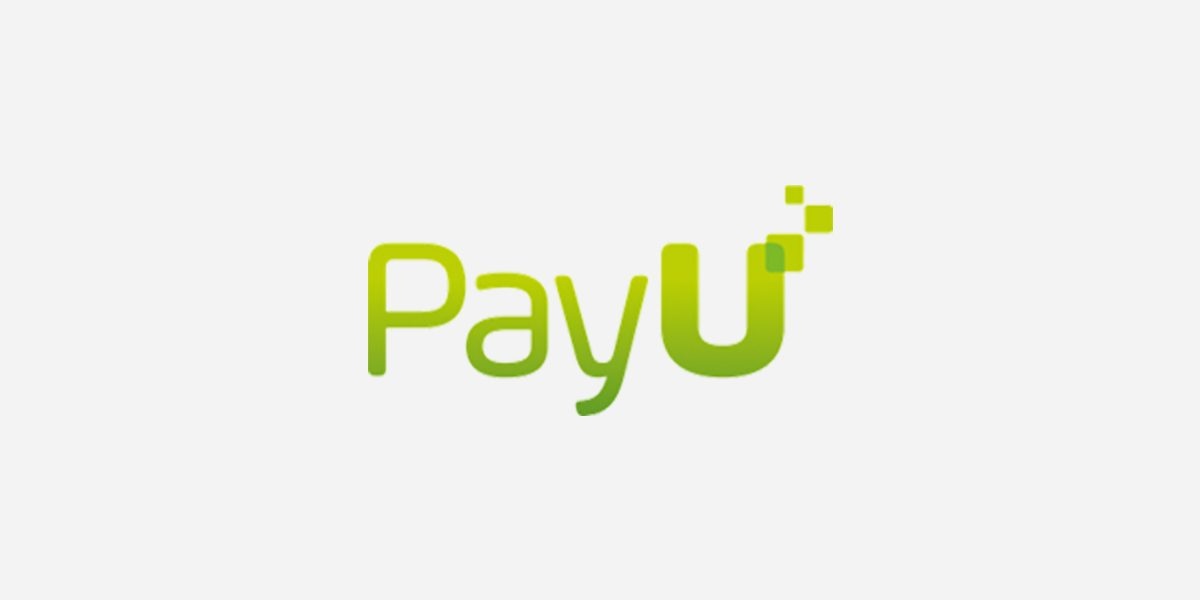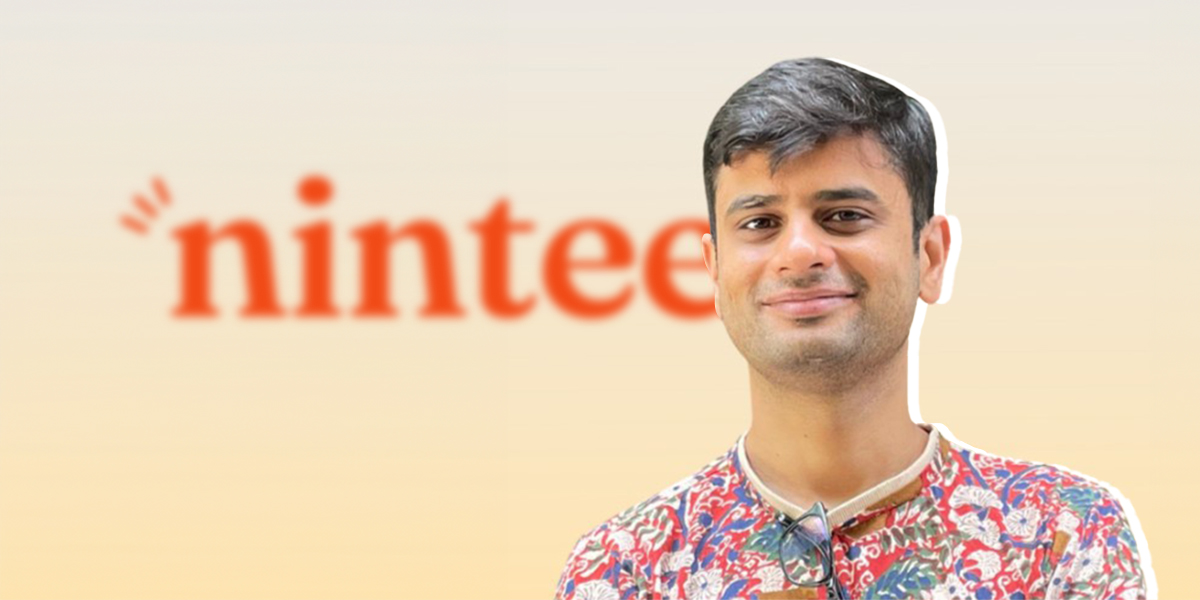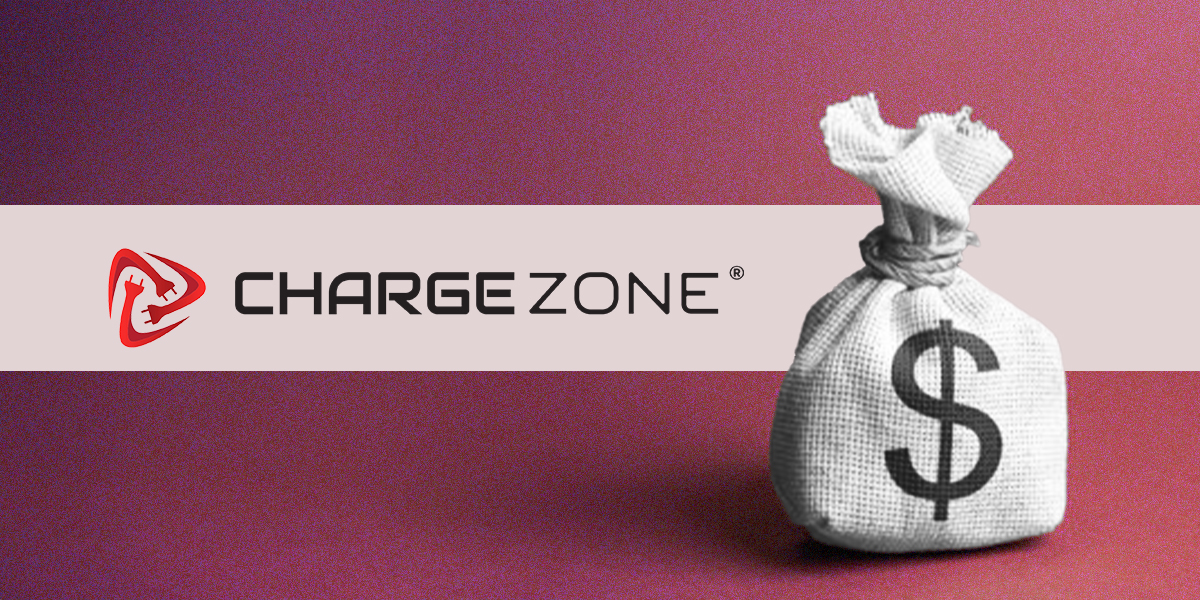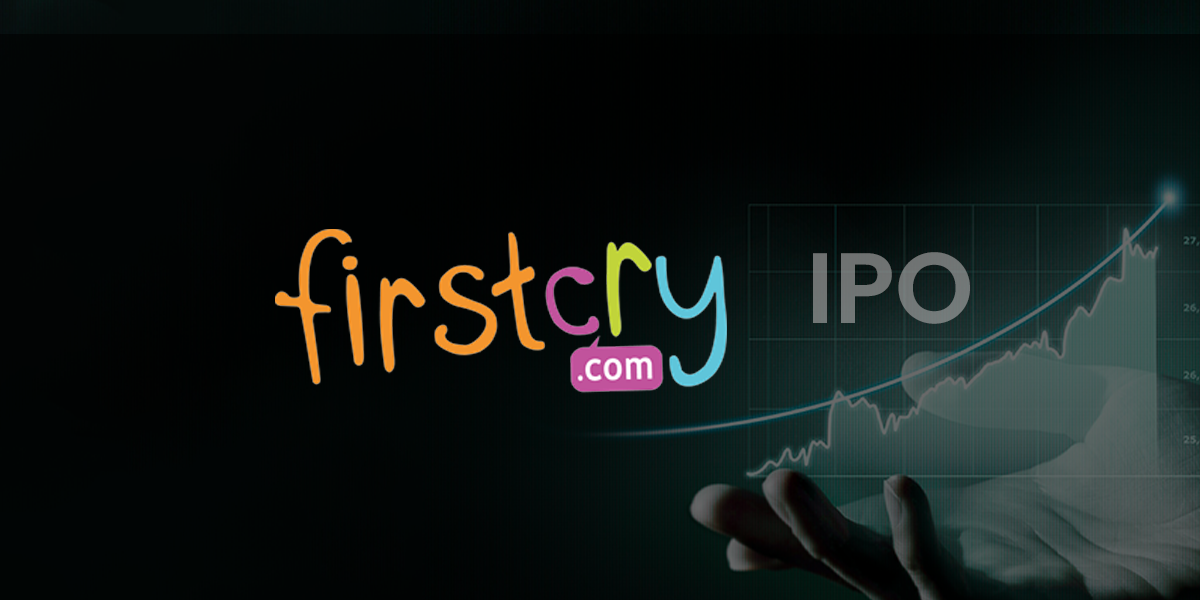Naspers-owned firm PayU India has managed to grow its scale by 50% on the back of increasing adoption of digital payments across consumers and businesses. According to its annual financial statement, the company’s operating revenue has passed the Rs 2,000 crore mark and stood at Rs 2,095 crore in FY22.
Income from transaction processing services is the main source of revenue for PayU Payment India which contributed 99% of the total collections. Payment gateway support services and setup integration fees were other modes of operating income that increased 12.5% to Rs 18 crore in the fiscal year ending March 2022.
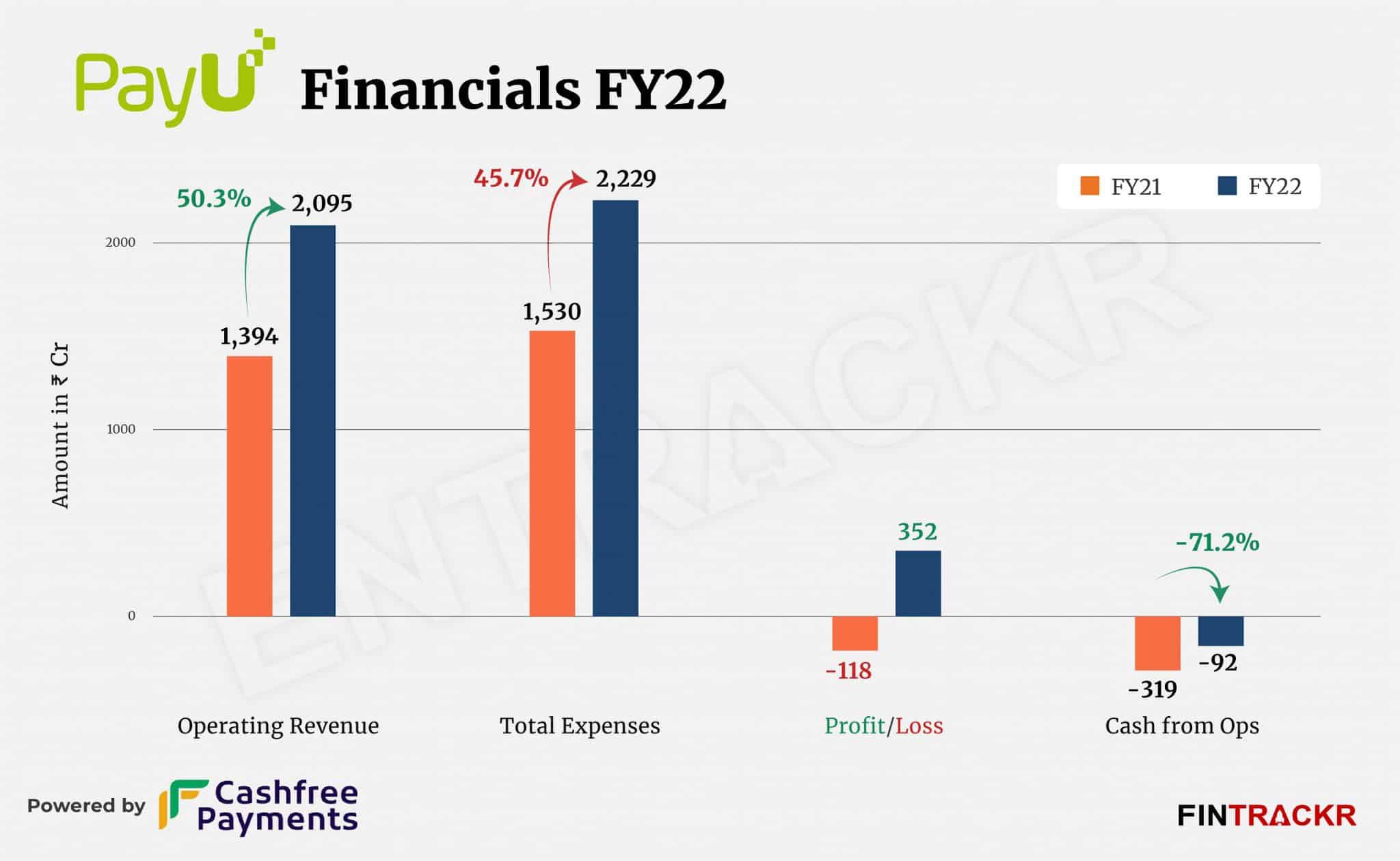
PayU also made Rs 31 crore from non-operational sources which pushed its total revenue to Rs 2,126 crore in FY22. Importantly, the company also recorded an additional amount of Rs 457 crore as profit on the sale of current investment.
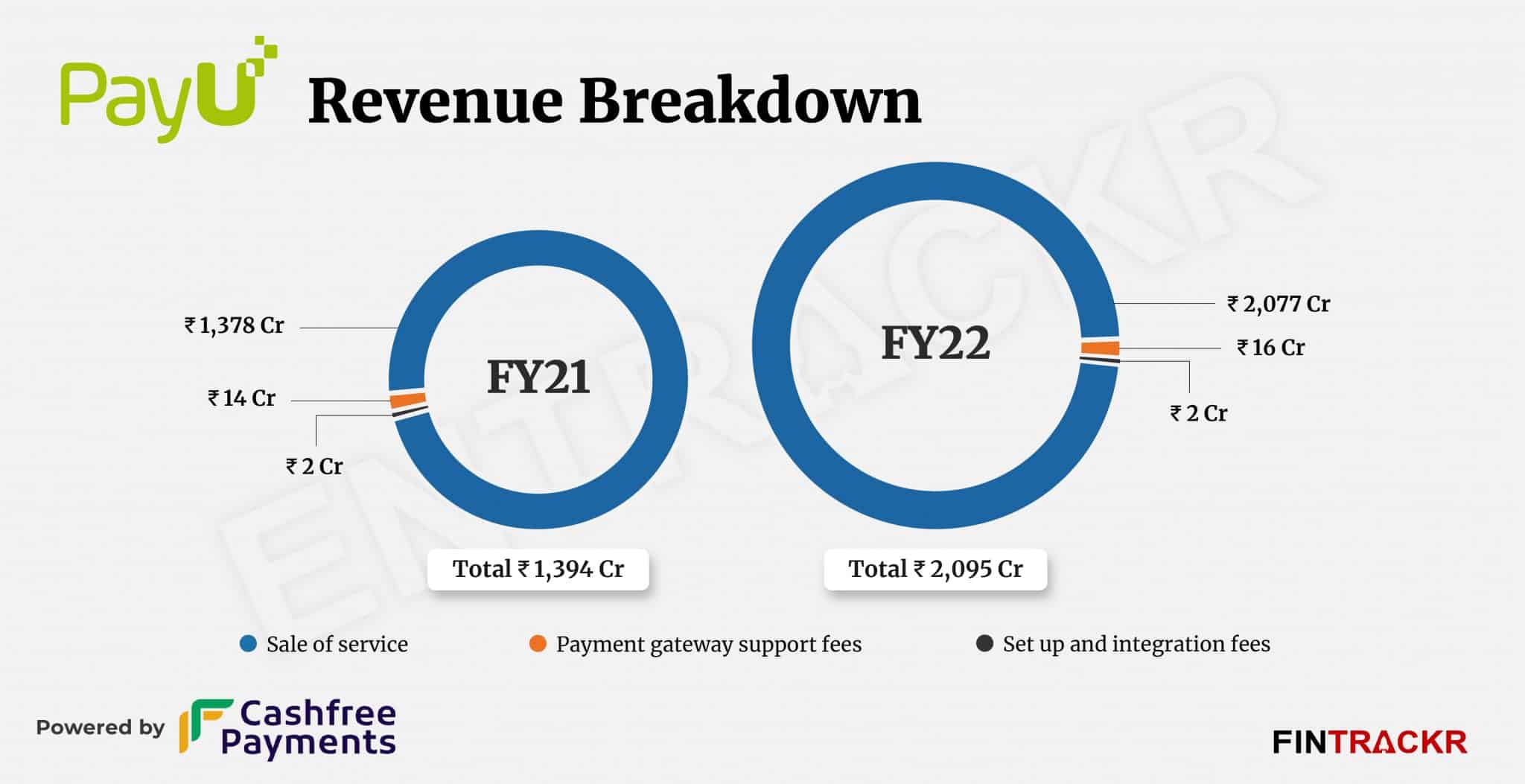
On the expense side, the cost of services such as bank fees and service charges were the largest cost center for the company which accounted for around 80% of the overall cost. This cost surged 52.5% to Rs 1,778 crore in FY22.
Employee benefits expense was the second largest cost and grew 16.5% to Rs 289 crore in FY22. This also includes Rs 62.72 which is an ESOP expense. Meanwhile, legal professional fees and advertising costs increased by 27% and 100% respectively to Rs 19 crore and Rs 7 crore during the last fiscal year.
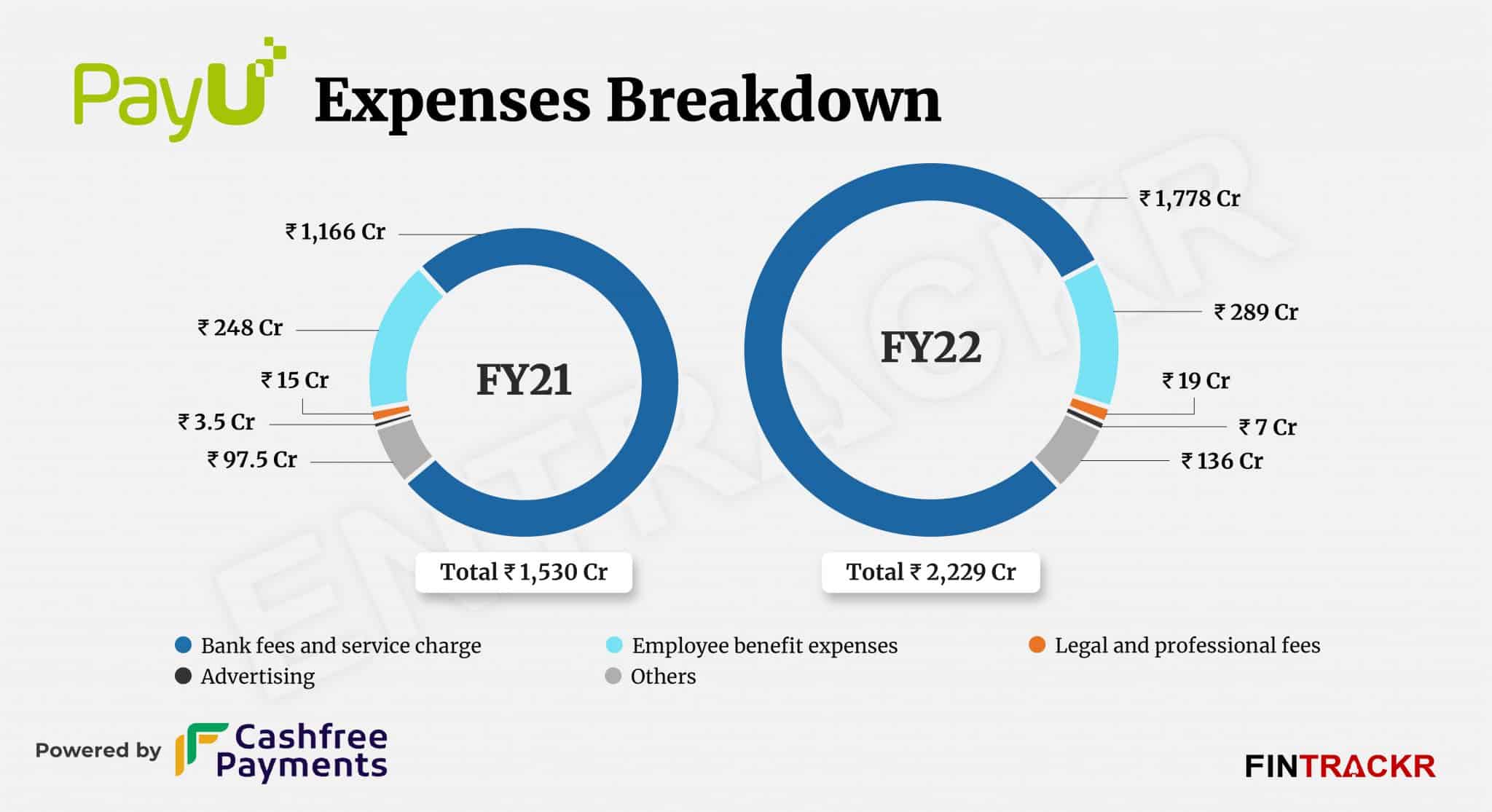
As PayU Payments scaled with controlled expenses, the company turned profitable with a Rs 352 crore bottom line in FY22 compared to a loss of Rs 118 crore during the preceding fiscal year (FY21). Of course, without the presumably one-time gain on the sale of investments worth Rs 457 crore, the picture could have been different.
Its ROCE and EBITDA margin improved to Rs 28.36% and 17.64% respectively in FY22. On a unit level, PayU spent Rs 1.06 to earn a single unit of operating revenue.
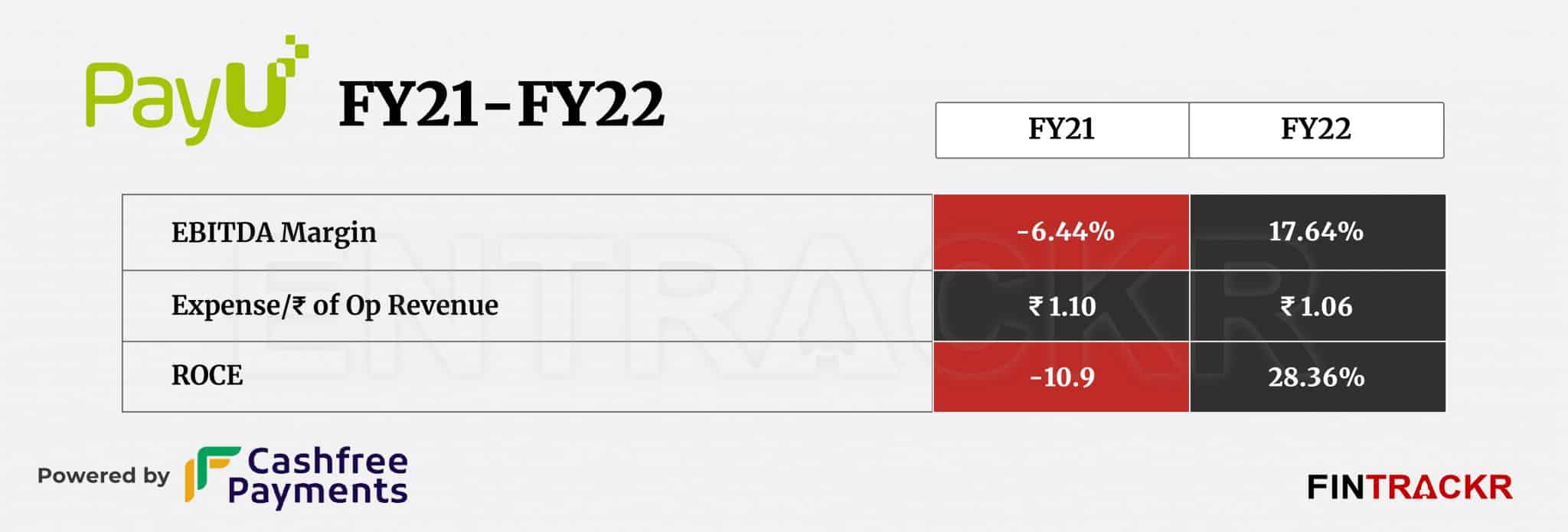
For PayU, which was in the news this year for walking away from the $4.7 billion deal to acquire market leader Billdesk, the push to profitability will be even more critical now that it has to go it alone for the foreseeable future. From a firm that was set to become the market leader in India after the deal, it will now have to contend with the firm as a competitor, besides the ever-changing payments market which is still evolving on the back of a push to find a balance between costs and penetration by a government determined to push digital payments. Thus, while that long-term vision aligns perfectly with PayU’s business, the short-term pressure on profitability and margins will remain, as the government has no intentions of stopping right now.


